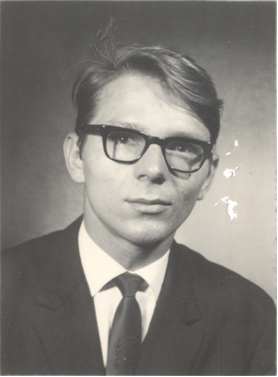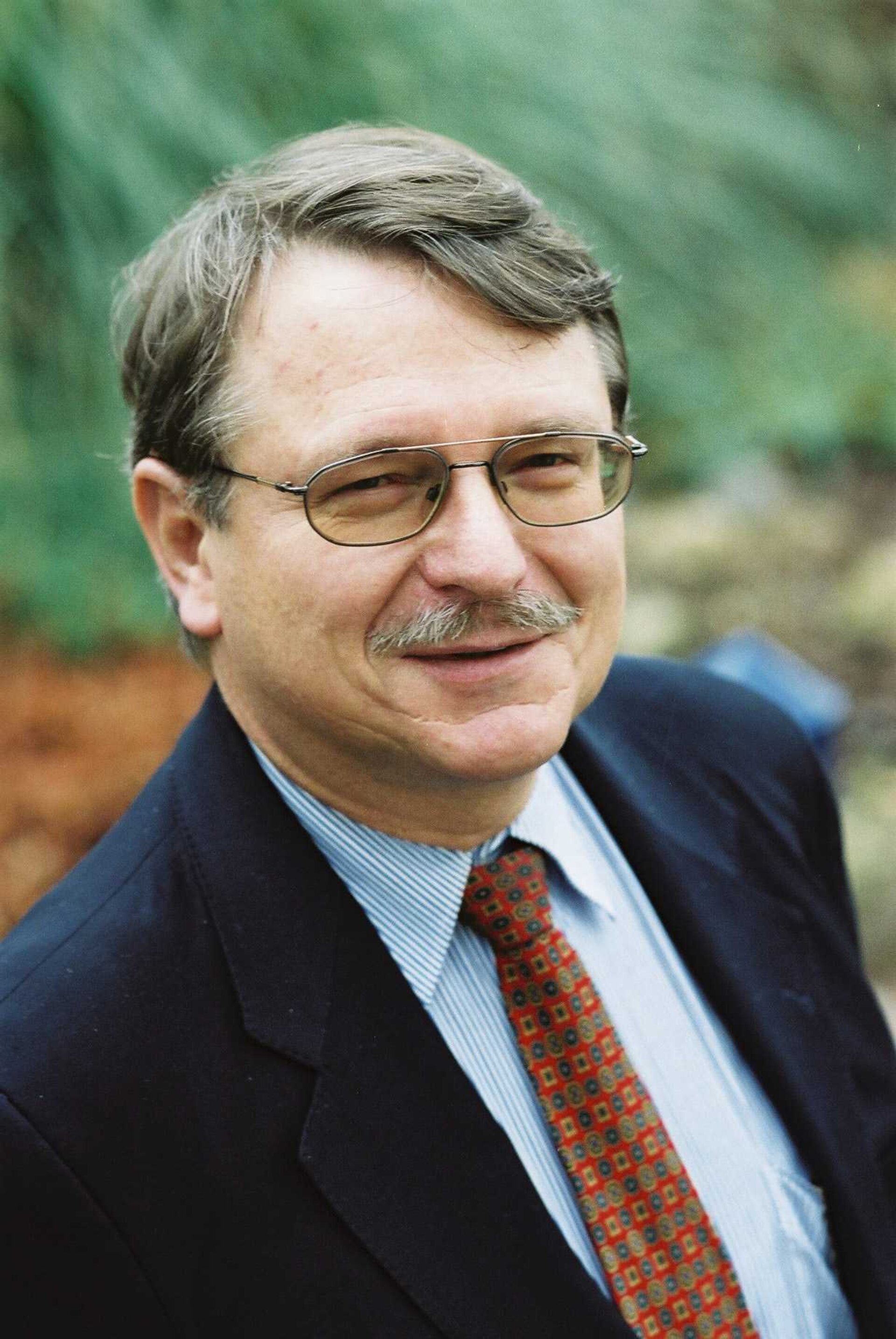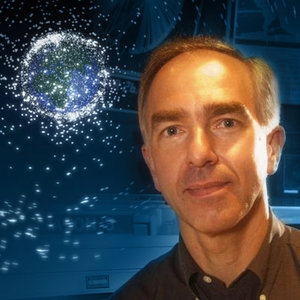Walter Flury
In December 2007, Dr Walter Flury retired from ESA after 37 years. He is widely acknowledged as one of the world's foremost experts in space debris, having helped pioneer the scientific study of the potential debris threat posed to future generations.
Walter Flury is originally from Switzerland and studied math and physics at the Swiss Federal Polytechnic, now the Swiss Federal Institute of Technology, in Zürich - Albert Einstein's alma mater. In 37 years with the Agency, he worked in the area of orbital analysis and mission planning; in 1986 he was appointed head of ESOC's Mission Analysis Office, and in 1989 he took on the role of coordinator for space debris activities within ESA.
Space debris pose threat
It's difficult to overstate the serious threat posed by man-made orbital debris. Since the launch of Sputnik in 1957, more than 4,200 launches have placed some 5500 satellites into orbit. Space debris comprise the ever-increasing amount of inactive space hardware in orbit around the Earth as well as fragments of spacecraft that have broken up, exploded or otherwise become abandoned. At closing speeds reaching 50 000 km per hour, even the smallest bits of debris can cause serious harm to spacecraft; larger ones cause catastrophe.
Space debris are often created when spacecraft operators abandon their spacecraft at the end of mission, or fail to move them into safe 'graveyard orbits'. These and other mitigation measures, however, cost fuel, time and money.
You helped the world understand and believe in the hazards posed by orbital debris. Future generations will be grateful for your early leadership.
As ESA's lead debris investigator, Dr Flury has spent years arguing passionately for the need for an international code of conduct, globally accepted standards, and international regulations to create a comprehensive framework for enforcing mitigation compliance, reducing new debris generation and boosting spaceflight safety.
1985: First International Workshop on Re-entry of Space Debris

In 1985, based on an initiative by Flury, the first ESA Workshop on Re-entry of Space Debris was held at ESOC, helping to kick-start awareness of the issue. Follow-on seminars have served as the basis for establishing today's growing international cooperation in efforts such as detecting the time and location for hazardous re-entry of inactive satellites.
In 1988, a report lead-authored by Flury ("Report of the ESA Space Debris Working Group") was one of the first documents to examine all aspects of the problem. In the long run, this study has played a very important role in establishing close international co-operation in debris mitigation.
Since the 1980s, his research activities have included examination of hypervelocity impacts, techniques for radar-based space surveillance and methods to boost protection, shielding and avoidance.
Dr Flury is also credited with helping persuade Russian space specialists to join the international discussion on space debris solutions. "Our first contacts took place at the beginning of the 1990s, and have developed into a regular fruitful co-operation," wrote one group of researchers from Russia's Centre for Space Observations.
Flury: Shaping space debris policy
Today, ESA's policy effort focuses on the Inter-Agency Space Debris Coordination Committee (IADC), comprising space agencies from China, France, Germany, India, Italy, Japan, Ukraine, the UK, the USA, Russia and ESA, as well as the Scientific and Technical Subcommittee of the UN Committee on the Peaceful Use of Outer Space (UNCOPUOS).
Dr Flury has been ESA's representative to IADC since 1993, where he has helped organise regular sessions and drive a proactive agenda, and he has devoted considerable time to establishing the recurring Space Debris Symposium within the regular programme of the International Astronautical Federation.
In 1993, Dr Flury was instrumental in launching the European Conference on Space Debris, an event now held every four years that brings worldwide experts to ESOC to review progress in the field.
Upon his retirement, colleagues within ESA and in organisations across Europe and worldwide recognised his cornerstone contributions to debris studies; one of the many retirement messages included: "You helped the world understand and believe in the hazards posed by orbital debris. Future generations will be grateful for your early leadership in this important area."
Contact
Please contact Dr Flury via email at:
dr.walter.flury [at] t-online.de







